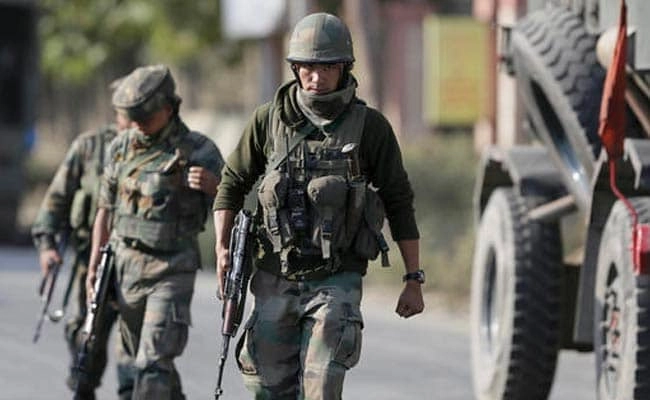In a crucial political maneuver ahead of the upcoming vice-presidential elections, Uddhav Thackeray, the leader of the Shiv Sena, and Sharad Pawar, the head of the Nationalist Congress Party (NCP), engaged in discussions with the Bharatiya Janata Party (BJP) regarding their potential support for the National Democratic Alliance (NDA). This dialogue reflects the intricate dynamics of Maharashtra’s political landscape and the broader implications for national politics. Both Thackeray and Pawar, seasoned politicians with significant influence in the region, are evaluating the strategic benefits of aligning with the NDA amidst the evolving political scenario.
During their meeting, Thackeray and Pawar articulated their expectations and concerns about the BJP’s approach to governance, particularly emphasizing the need for inclusivity and collaboration among alliance partners. They underscored the importance of maintaining a balanced political environment that respects the interests of all stakeholders involved. As the vice-presidential elections approach, the two leaders are keen on ensuring that their constituents feel represented, and they are cautious about the BJP’s tendency to dominate the political narrative. The discussions highlighted the delicate balance of power and the necessity for coalition partners to voice their opinions while working towards a common goal.
Moreover, the potential support from Thackeray and Pawar for the NDA could significantly impact the electoral landscape in Maharashtra and beyond. Their backing might bolster the NDA’s position, enhancing its chances of securing victory in the vice-presidential elections. However, both leaders are aware that their support is contingent upon the BJP demonstrating a commitment to addressing regional concerns and fostering a cooperative political environment. This nuanced negotiation process showcases the complexities of coalition politics in India, where regional parties play a pivotal role in shaping the national agenda.
In conclusion, the discussions between Uddhav Thackeray, Sharad Pawar, and the BJP reveal the intricacies of political alliances in India. As the vice-presidential elections draw near, the outcomes of these negotiations will not only influence the immediate electoral prospects but also set the tone for future collaborations within the NDA. The emphasis on mutual respect and the need for a collective approach to governance underscores the importance of coalition politics in a diverse and multifaceted democracy like India. The stakes are high, and the decisions made in this context will resonate throughout the political landscape for years to come.




